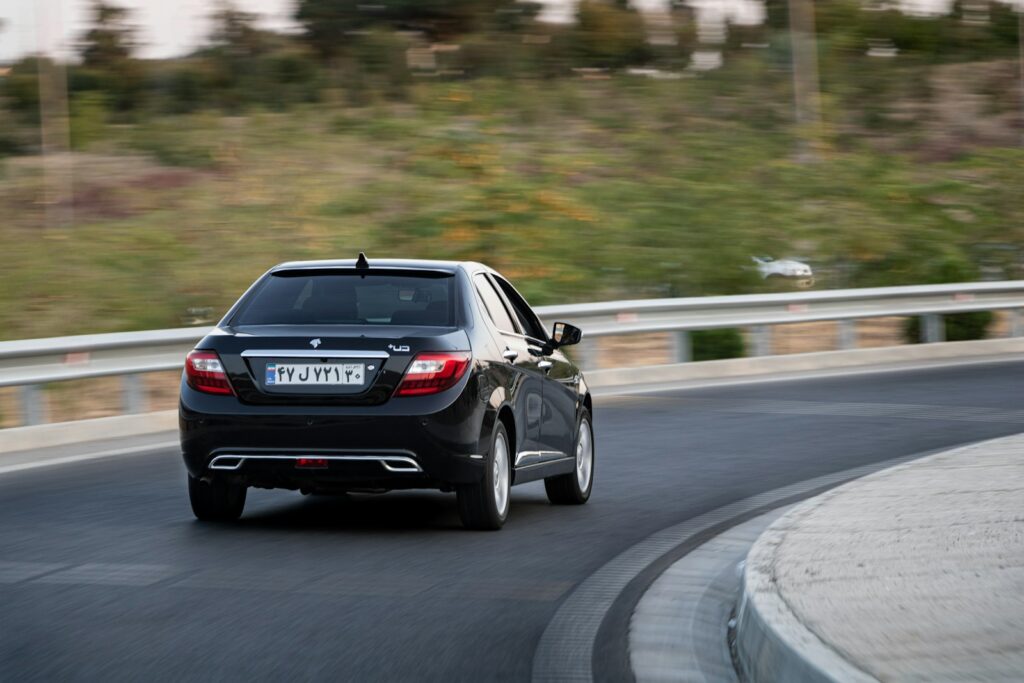Lessons Learned on the Road: Safety First
Hey there, fellow road enthusiasts! Let’s talk about a lesson I learned the hard way, so you don’t have to. Picture this: a corner with a 20mph sign, and me, cruising at a confident 43mph. You guessed it – I crashed. But here’s the silver lining: my bike’s still kicking, just needs new fairings. Give it 2-3 weeks, and we’re back to the asphalt adventures, ready to ride again.
I walked away with no broken bones, just a busted lip and a sprained, possibly torn, right ankle. I was decked out in full gear, minus the boots – a mistake I won’t repeat. Boots are on the shopping list now, and they should be on yours too.

Handling a Fender Bender: Know the Road Rules
Now, let’s shift gears to what you should do if you ever find yourself in a fender bender. Section 170 of the Road Traffic Act 1988 is clear: stop at the scene. It’s not just good manners; it’s the law. Skipping out could land you six months in the slammer, plus a fine.
If your ride’s still rollable, find a safe spot, kill the engine, and flick on those hazards. Get everyone and every pet to safety, and if there are injuries, call 911 on the double. It’s crucial to stay calm and act quickly in such situations.
Post-Accident Protocol: Stay Safe and Informed
On the motorway? Same drill, but aim for the hard shoulder. The Highway Code says keep pets in the car, but if it’s an emergency, keep them controlled on the verge. Don your reflective jackets and wait for the cavalry, ensuring everyone’s safety.
If you’re in a jam, dial 0333 2000 999 for round-the-clock support and advice.

Aftermath and Reflection: Gear Up and Stay Informed
After an accident, swap names, addresses, and if you’re feeling generous, insurance details. It could speed up the claims game. And if there’s an injury, you’re obliged to show your insurance certificate to anyone who asks.
You’ve got 24 hours to report the accident to the police. Dial 101, the non-emergency number, to keep it all above board. This step is essential to avoid any legal complications later.
The Road Ahead: Safety is Key
Now, let’s talk about the aftermath. Life-changing injuries can sneak up on you from anywhere – a fall, an assault, even a day on the slopes. Some folks wake up in the hospital with no memory of what went down. Others, like Dave who broke his neck diving into the sea, remember every terrifying second.
Injuries can come from others’ mistakes or malice. Some find forgiveness; others can’t shake the impact. And sometimes, people think it’s your own fault.
So, what’s the takeaway from my tumble? Gear up – boots and all. Know the rules of the road, especially after an accident. And maybe, just maybe, heed those speed limits. They’re not just numbers; they’re lifesavers, and they can prevent accidents like mine.
Remember, it’s not just about the ride; it’s about coming back in one piece to ride another day. By embracing a culture of safety, awareness, and responsibility on the road, we can ensure that each journey is not only thrilling but also secure for everyone involved. Stay safe out there, and keep the rubber side down!




